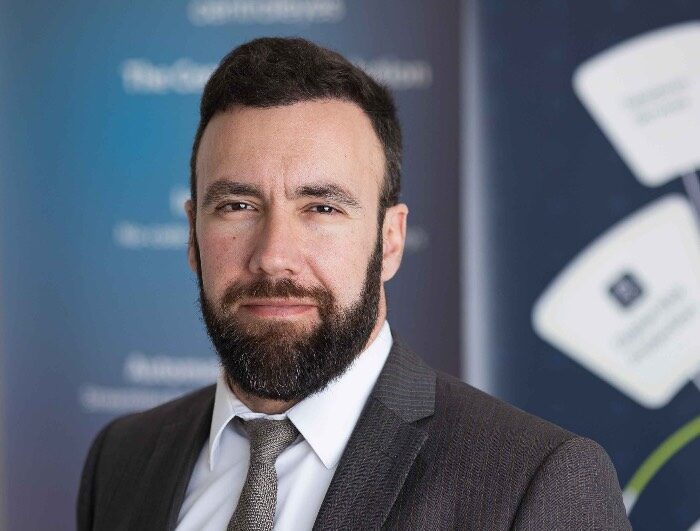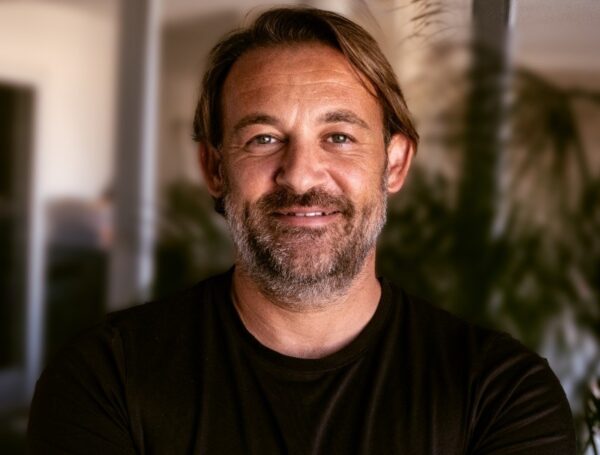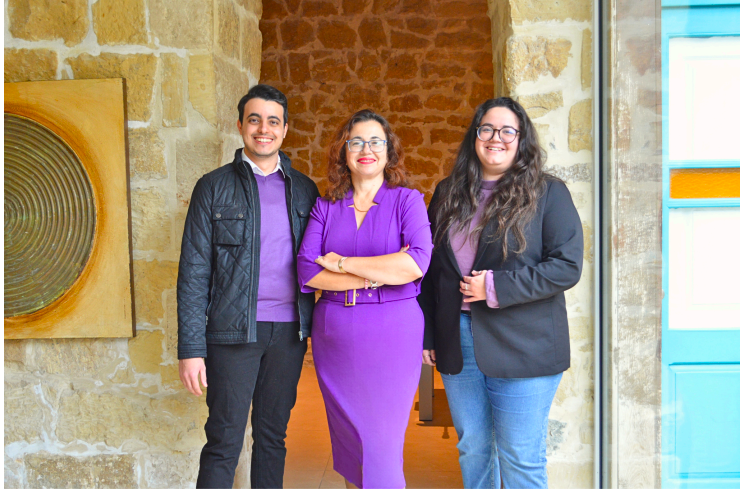While qualifications and experience remain important, hiring at is rarely a purely transactional process. For many business leaders, the final decision often hinges on something less tangible – intuition, presence, and the ability to think on one’s feet.
Speaking with two of Malta’s CEOs, we explored the subtler dynamics at play in executive hiring: the role of gut feelings, the real value of academic achievements, and how much first impressions actually matter.
Intuition vs tangible qualities
For Mark J. Galea, Managing Director at Quad Consultancy with a vast background in HR, intuition isn’t just a fallback – it’s a strategic tool. While technical qualifications remain essential, he argues that real hiring insight often lies in subtler cues.
“Science shows that what we call a ‘gut feeling’ is actually our brain processing subtle cues – microexpressions, body language, and tone – that reveal a candidate’s attitude and energy. These subconscious signals help us judge how someone might truly fit into a team,” he said.
In practice, this means that a strong cultural fit and the right mindset may outweigh a flawless CV. “I firmly believe in hiring for attitude and training for skill,” Mr Galea added, noting that once core requirements are met, intuition, grounded in experience and observation, often guides the final call.
For Denise Xuereb, Construction and Development Director at AX Construction, instinct has played a key role in certain hiring decisions, particularly in the context of AX Group’s multifaceted operations.

“Not every role fits neatly into a checklist of qualifications,” she shared, highlighting the importance of mindset, adaptability, and cultural alignment. Ms Xuereb mentioned how in such cases, qualities like drive, humility, curiosity, and a collaborative spirit often weigh just as heavily as what’s written on a CV.
Academic qualifications vs interpersonal qualities
While academic credentials remain a valued indicator of discipline and commitment, Ms Xuereb emphasised that real-time thinking often carries more weight.
“Academic credentials are important as they reflect a person’s commitment and discipline. But in our day-to-day reality at AX Group, especially given the fast pace and complexity of our sectors, we place a lot of value on how people think, their adaptability, and how they would respond in real situations,” she said.
She continued: “The ability to stay composed, think critically and communicate clearly under pressure often tells us more about how someone will perform.”
Likewise, Mr Galea highlighted the importance of balancing academic credentials with practical skills and real-world adaptability, combined with real-life achievements and practical experience.

While recognising that formal education reflects dedication and a solid knowledge base, he places significant emphasis on how candidates respond to unexpected challenges during interviews.
“How a candidate responds in these moments reveals qualities like adaptability, problem-solving, and resilience – traits that are vital in the workplace,” he noted.
For Mr Galea, the ideal hires blend strong academic foundations with quick thinking and adaptability, creating teams that are both knowledgeable and agile.
First impressions
For Ms Xuereb, first impressions and charisma do carry weight, particularly in roles that demand leadership and strong interpersonal skills. However, she is quick to point out that these qualities alone are not sufficient.
“We want to see consistency, substance and alignment with our values,” she said.
Similarly, Mr Galea acknowledges that charisma can strongly influence first impressions, often making candidates more memorable and helping to build immediate rapport, particularly in roles that require relationship-building and communication.
He values charisma since it often translates to success in building trust and connecting with others, where energy passion and ability to engage “can be a real differentiator.”
On the other hand, Mr Galea believes that operational knowledge problem-solving skills, and proven experience are more relevant to more technical or analytical roles.
However, charisma is not the only thing Mr Galea looks at when hiring candidates.
“I always reflect on what is truly drawing me to a candidate – is it their substance, their problem-solving ability, or simply their charm? This helps ensure my decision is grounded and objective,” he said.
Mr Galea noted that the ideal candidate combines a strong presence with the right expertise and aligned values.”
“Charisma can open the door, but it’s the depth of character and capability that secures the role,” he concluded.
MIA eyeing Eastern and Northern Europe for route expansion, says Senior VP Alex Cardona
The growth in connectivity will come from the introduction of new routes as well as increased weekly frequencies on existing ...
AcrossLimits announces strategic leadership restructuring ahead of 25-year anniversary
AcrossLimits enters 2026 poised for its next chapter of innovation.
MediaTroopers names Clinton Cutajar Director of AdPlatform
He will take on his new role in addition to his existing position as the company's Chief Technology Officer.
Malta can afford growth – now it must learn to deliver it
Focuses only on prices risks missing why affordability concerns keep worsening, argues Prof. Stephanie Fabri.









